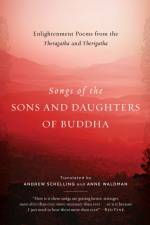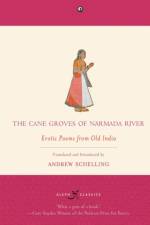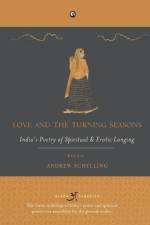av Andrew Schelling
187
For thousands of years, the Indian subcontinent has proved a fertile ground for the world's most captivating erotic love poetry, and the genius of its devotional writing harnesses great energy and mystical insight. It is in fact often hard to tell whether the poets are offering poems of spiritual longing using the garments of love poetry or writing erotic pieces in the guise of devotion. Perhaps, in a land where erotic sculptures routinely ornament its many temples and gods are known for their explosive sexuality, this question has little meaning to these remarkable writers. In their devotional traditions, eroticism and mysticism seem inseparable.This collection spans 2,500 years and includes work originally sung or recited by well-known bards: Kabir, Mirabai, Lal Ded, Vidyapati and Tagore. There are also poems from the Upanishads, ancient Sanskrit poetry and Punjabi folk lyrics. The poets have largely emerged from the ranks of the dispossessed: leather workers, refuse collectors, maidservants, women and orphans. Their vision is of a democratic society in which all voices count. Often they faced persecution for speaking candidly, or daring to speak of spiritual matters at all. The notes include profiles of these legendary lives. Several of these poets simply vanished, absorbed into a deity, or disappeared in a flash of purple lightning. A few produced miracles-most of them are surrounded by clouds of mystery. Andrew Schelling has drawn on the work of twenty-four translators, including A. K. Ramanujan, Arun Kolatkar, Arvind Krishna Mehrotra, Ananda Coomaraswamy, Deben Bhattacharya, Dilip Chitre, Gieve Patel, Ezra Pound and Robert Bly to build the finest anthology of India's erotic and spiritual poetry ever assembled for the general reader.



